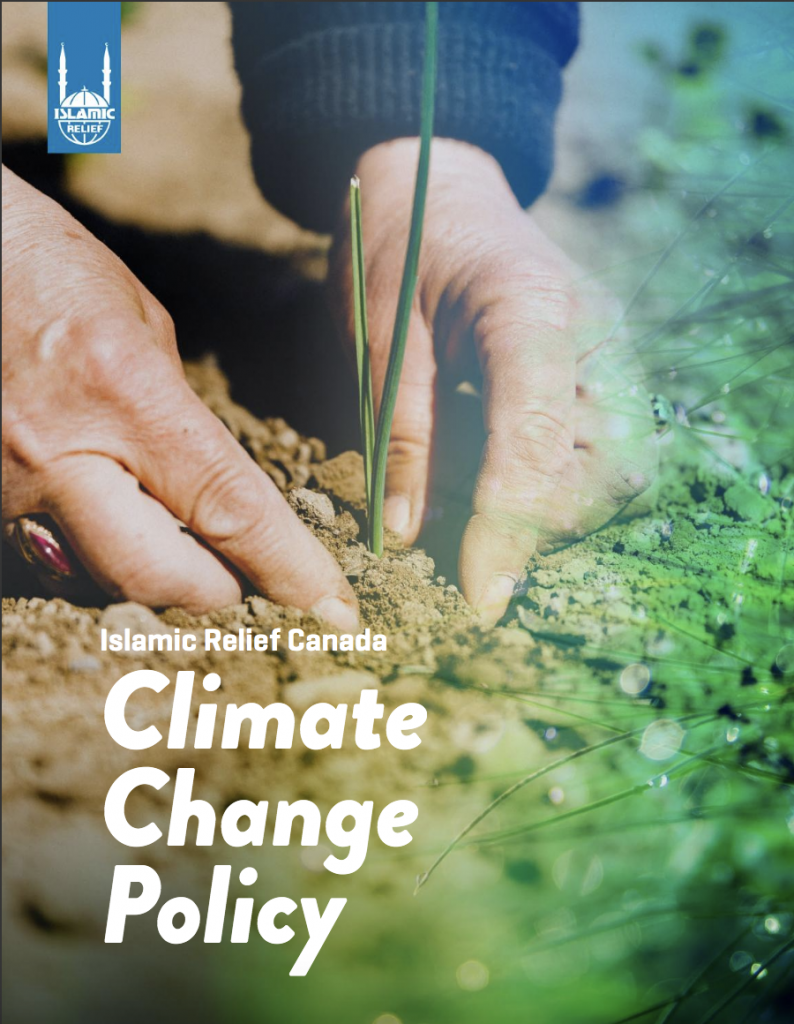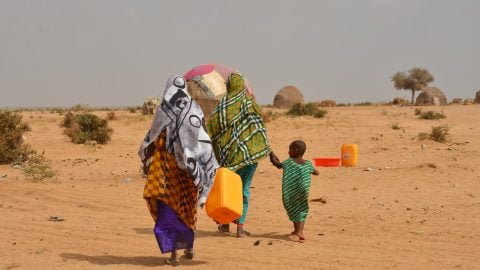Sustainable eating may seem like a small gesture while world leaders have gathered in Glasgow to discuss climate change. The 2021 United Nations Climate Change Conference – also known as COP26, has been described as the “last best chance” at preventing a climate crisis that many scientists have already warned is inevitable. While governments and corporations have a large role to play in the path forward, we can drive this change from the ground up through actions like sustainable eating. This year especially has brought into focus how immediately we need to take action on the issue of climate change.
A Rough Year for The Environment
While many around the world have been experiencing the detrimental effects of climate change for years, the climate crisis truly hit home this year, as Canadians across the country experienced unprecedented heatwaves, saw crops completely scorched, and watched in horror as wildfires took entire towns off the map in British Columbia.
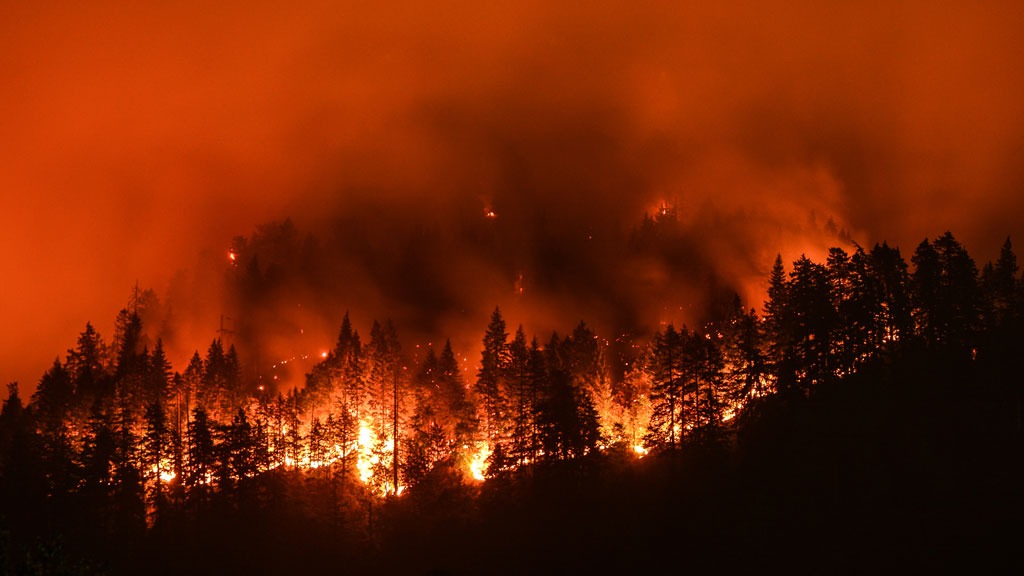
Canadians will be looking to our government for leadership and accountability in the fight against climate change. However, there are many things we can still do as individuals to change our habits, eat more sustainably, and make a difference in protecting our environment.
While much of the conversation around being environmentally-friendly has traditionally revolved around reusable water bottles, bags and metal straws, perhaps the most underrated and impactful change you can make is by eating more sustainably and wasting less food.
The Climate Impact of Food
Despite not always being talked about, what you eat has a climate impact. What kind of food you buy, how much meat you eat, how many leftovers you throw away, and where your food comes from all play a role in either contributing to or preventing climate change.
Today, nearly a third of all food in the world goes to waste. When food is wasted, it goes to landfills where it rots and produces methane – a volatile greenhouse gas that is even worse for the environment than carbon dioxide. If we would simply opt to put more effort into planning our meals and repurposing our leftovers, collectively we could put an end to 6-8% of all man-made greenhouse gas emissions.
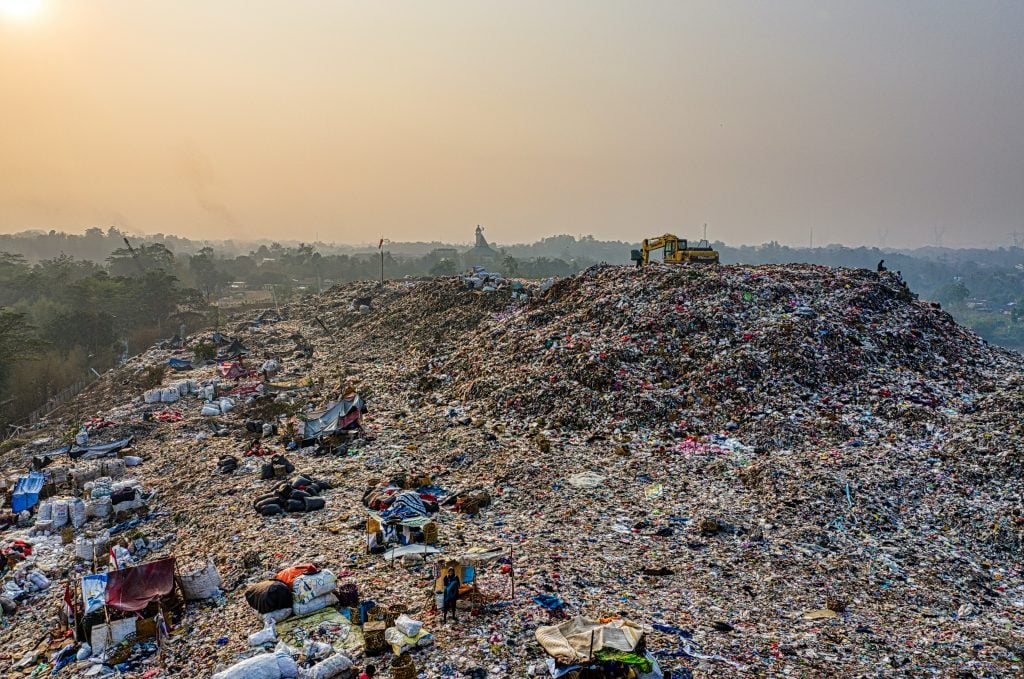
While cutting down your food waste may seem daunting, there are many options available to help us take on the challenge. One avenue to reduce your waste is to find new ways to repurpose your food. For example, leftover meat bones or vegetable scraps can be frozen to make broth at a later date and eggshells can be used as natural fertilizer for your plants.
Resources for Sustainable Eating
If you need help getting creative with repurposing your leftovers, there are websites that give you the option of selecting the ingredients you have in your fridge. From there, the website will generate recipe suggestions for you to use the ingredients you already have. There are also local community fridges across the country where you can drop off your leftovers to donate to those in need in your community. Of course, when all else fails, consider composting as a last resort.
“O Children of Adam! … Eat and drink, but do not waste. Surely He does not like the wasteful.”
Quran 7:31
Local Markets for Sustainable Eating
In addition to reducing food waste, it is equally important to make environmentally-friendly choices about the types of food we are consuming. Encouraging your family and friends to buy seasonal products from local farmers markets instead of your local big box grocery store can go a long way for sustainable eating. If food doesn’t have to travel as far to make it to your table, then food miles and fossil fuel consumption are reduced, and you’ve reduced your carbon footprint!
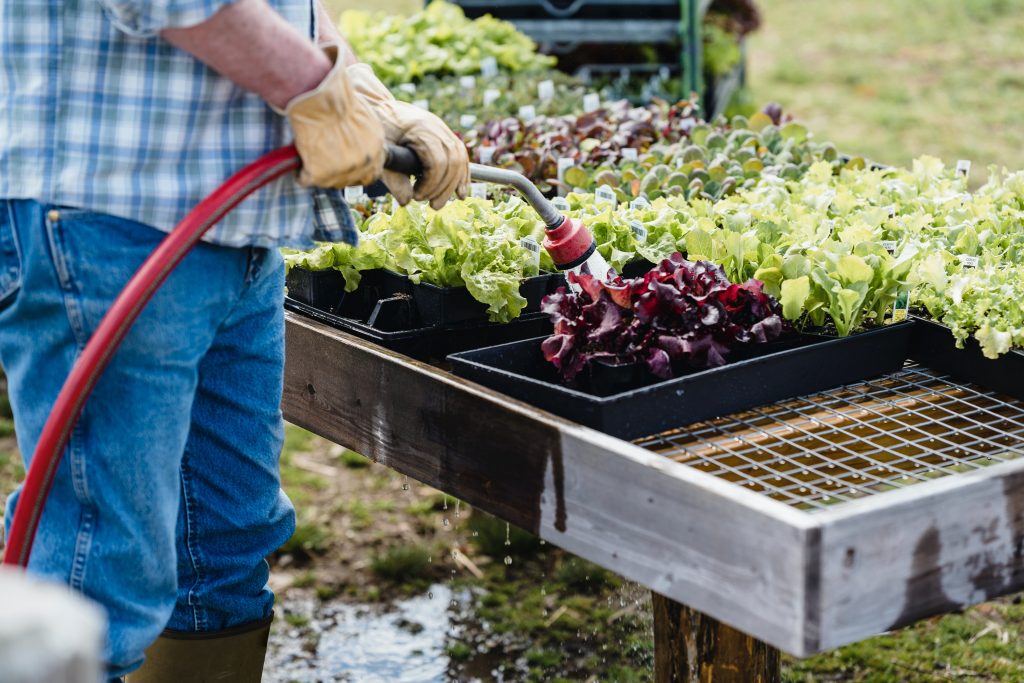
Choosing to buy from local farmers also preserves the integrity of local farmlands, biodiversity and wildlife, which might otherwise disappear if the lands were sold off for development. Moreover, when you buy food locally, you have more insight into where and how the food is being produced. This local accountability encourages many small farmers to make an effort to be more sustainable in their production and even get organic certification.
While reducing food waste and food miles are critical to the fight against climate change, one of the single most important decisions you can make to help the environment is to consume less meat in your diet. We know that Prophet Muhammad ﷺ did not eat as much meat and we see the benefit today in once again following his example.
Changing Your Diet for Sustainable Eating
Sustainable eating starts right from your dinner plate. The meat industry is responsible for 15 percent of all man made greenhouse gas emissions. While eating meat with family and friends is a key part of many of our cultural traditions, it is making our planet sick. Industrial meat production is causing a myriad of problems for the environment that will only be prevented if we reduce our meat consumption. Take it one meal at a time, start slow, and consider going meatless for one or two dinners a week.
“It is He who appointed you Khalifa of the earth”
Quran 6:165
Ultimately, we all have a role to play in reducing our carbon footprint and being good stewards of the earth, and it can begin with taking steps to adopt a more eco-friendly diet and lifestyle.
With the 2021 United Nations Climate Change Conference conference happening in Glasgow right now, it’s as good a time as any to be discussing how we can start making changes to better reduce our carbon footprint! As an organization working with the most vulnerable communities around the world, we see first hand the damage brought by the harsh the volatility of our current habits. From consumption habits to supporting sustainable economies, this is just the beginning in our efforts to make real change.
You can learn more about the impact, and what we’re doing to help in our our Climate Change Policy:



